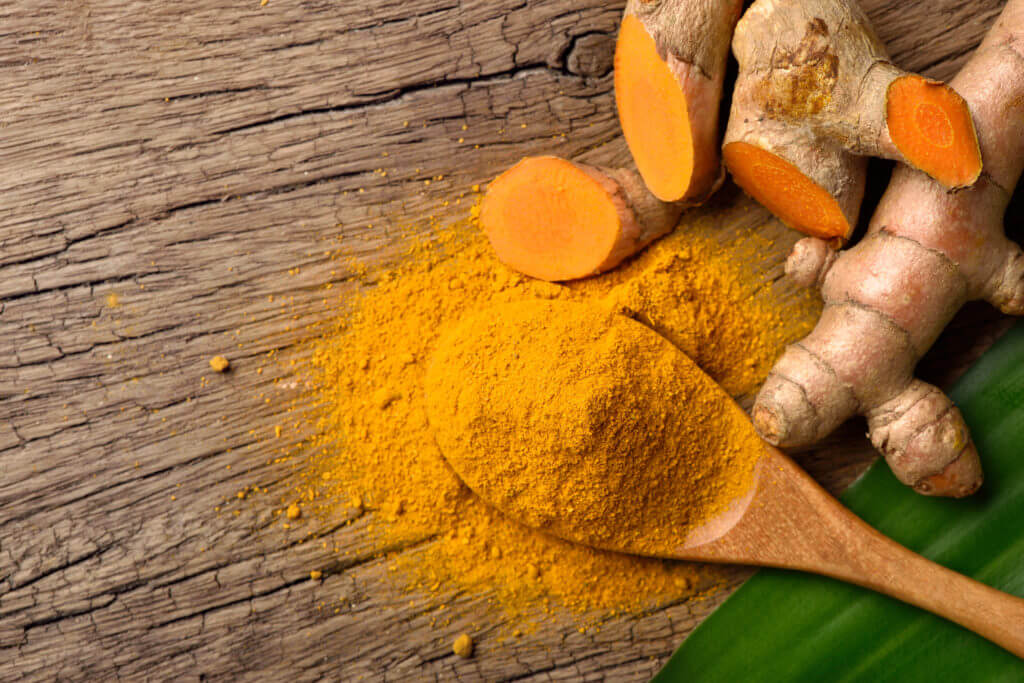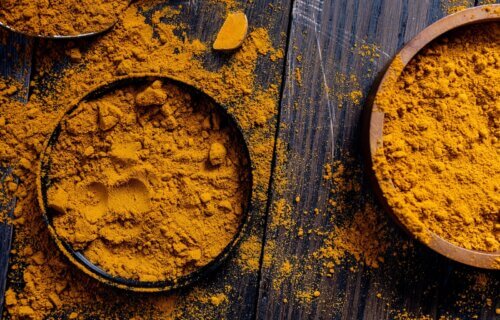BANGKOK, Thailand — A groundbreaking study finds that turmeric, the spice that gives curry its yellow color, could be as effective as conventional drugs in treating indigestion. The study focuses on curcumin, a natural compound in turmeric. Researchers found that curcumin might be as effective as omeprazole, a commonly prescribed drug that reduces stomach acid, in treating symptoms of indigestion.
Turmeric comes from the root of the Curcuma longa plant. This substance is believed to reduce inflammation and fight off harmful microbes. For a long time, people in Southeast Asia have used turmeric as a natural medicine, including for treating stomach issues like indigestion.
The condition causes discomfort in the stomach area and can include symptoms like feeling excessively full after eating or experiencing pain or a burning sensation in the stomach.
Omeprazole, the drug compared to curcumin in this study, is a proton pump inhibitor (PPI) commonly used to treat these symptoms. However, long-term use of PPIs like omeprazole has been linked to increased risks like broken bones and nutrient deficiencies.

206 participants between 18 and 70 were randomly assigned to one of three treatment groups for 28 days. They were either treated with curcumin capsules, omeprazole, or a combination of both. The effectiveness of these treatments was measured using the Severity of Dyspepsia Assessment score (SODA), a standard tool for assessing indigestion severity.
After four weeks and then again after eight weeks, the study showed notable improvements in the severity of pain and other indigestion symptoms in the participants. This was true for those taking a combination of treatments, just curcumin, or just omeprazole. The researchers mention that the flavor or scent of curcumin didn’t appear to affect how satisfied patients were with the treatment.
Despite the promising results, the researchers caution that the study had limitations, such as its small size and the short period of treatment, emphasizing the need for larger, long-term studies.
The findings raise the possibility that a common kitchen spice could serve as a viable alternative to pharmaceuticals for a widespread and often uncomfortable condition.
“This multicenter randomized controlled trial provides highly reliable evidence for the treatment of functional dyspepsia, the new findings from our study may justify considering curcumin in clinical practice,” the researchers conclude in a media release.
The study is published online by BMJ Evidence-Based Medicine.
South West News Service writer Stephen Beech contributed to this report.

